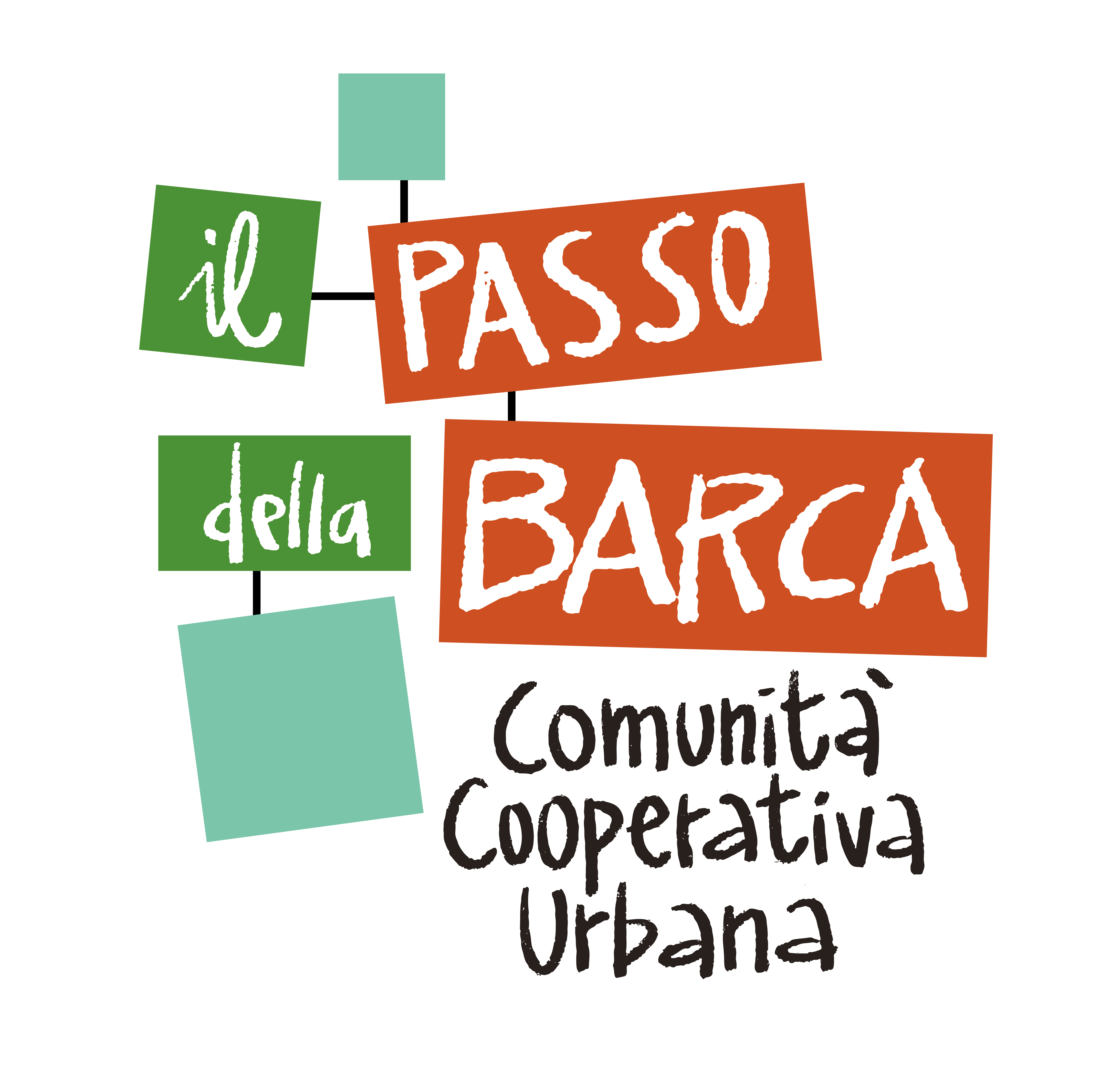Content
This is a physical common addictive dependency versus a psychological dependency. Psychologically addictive drugs include stimulant drugs such as Ritalin, methamphetamines, amphetamines, cocaine, and hallucinogens such as LSD. In addition, mood-changing drugs such as marijuana and prescription drugs for pain and antidepressants can be psychologically addictive. Over time, you realized you need your drug to keep from feeling “dope sick.” Dope sick is withdrawal. Withdrawal means you experience ill feelings because your body needs the drug to function normally.
Addiction treatment can also help improve your overall mental and physical health. In fact, many people who go through treatment report feeling happier and healthier than they have in years. Symptoms of psychological dependence are viewed as more variable because people are all different, and brain chemistry can vary. Intensity levels are also different and may be influenced by lifestyle and environmental variables. There is no objective way to measure distress, but a person knows when they experience the symptoms (or loved ones can see it for themselves).
What Are Symptoms of Psychological Dependence?
Chronic administration of opioids produces physical and psychological dependence. A characteristic withdrawal syndrome occurs when the opioid is stopped abruptly or an opioid antagonist is given. In the case of morphine and other OP3 receptor agonists with a similar duration of action, lacrimation, rhinorrhea, yawning, and sweating occur about 8–12 hours after the last dose. Symptoms peak at about 24–48 hours after withdrawal, with restlessness, irritability, and insomnia, as well as severe sneezing, weakness, anxiety, and depression. Other symptoms include dilated pupils, anorexia, piloerection, nausea, vomiting, diarrhea, pyrexia, hypertension, muscle cramps, dehydration, and weight loss [141].
Although uncomfortable, this is actually the easy part of treatment. Physical withdrawal symptoms tend to follow a timeline, and although they can vary in severity, health care professionals and addiction specialists generally know what to expect when an individual is undergoing detox. Your confusion is understandable as alcohol use disorder can be BOTH a habitual (psychological) and a chemical (physical) addiction. Psychological dependence occurs when a person drinks in order to function “normally” and feel good.
The Science Behind a Physical Dependence
The addiction impacts the whole person, so the person needs healing in all aspects. Physiological dependence describes these pervasive changes to how the mind and body function as a result of continued drug or alcohol use. Understanding how drug dependence works will help you or your loved ones create realistic expectations of the challenges ahead. Moreover, all psychological processes have physical underpinnings, and all complex behaviors have significant psychological elements. From a clinical standpoint, this is important because it underscores the value of these models in identifying and evaluating new treatment strategies that may be more effective in battling the problem of relapse. Once you beat your physiological dependence, you’ll continue with treatment.
- In fact, most modern evidence-based treatments are based on the understanding that there some crucial distinctions.
- People who suffer from addiction will typically experience both physical and psychological dependence.
- Psychologists can also diagnose and treat these “co-occurring” psychological conditions.
- A characteristic withdrawal syndrome occurs when the opioid is stopped abruptly or an opioid antagonist is given.
- The negative physical symptoms cause a person to drink again to feel better.
As a result, painful withdrawal symptoms set in, causing most people to reach for the drug to make the pain go away. At Promises Behavioral Health, you’ll receive physical and psychological care in an environment of compassion and empathy. Plus, our treatment programs include evidence-based therapies that are designed to promote physical and psychological healing.
Everything You Need to Know About Psychological Dependence
This is one of the reasons that addiction is classified as a chronic disease. Although it can be managed and treated, like other chronic health conditions, at this time there is no “cure” for addiction. Psychological dependence occurs when drugs or alcohol interfere with a person’s https://ecosoberhouse.com/article/you-are-not-powerless-over-alcohol-and-heres-why/ thoughts and emotions. On top of a customized addiction treatment program, our caring and compassionate team can also develop an aftercare plan for you that includes ongoing support and resources. Over time, a person won’t be able to function without using the substance.
To combat addiction, it would be helpful to have loved ones help you overcome and be a part of your recovery life. Obsession is when someone is infatuated with the substance they are using. In this situation, physiological dependence on alcohol the only thing that matters is getting the substance and using the substance. Make a poster, chart, or some other type of graphic organizer that lists the risks factors for psychological dependence.

